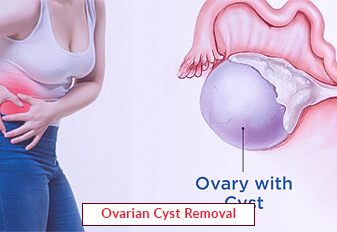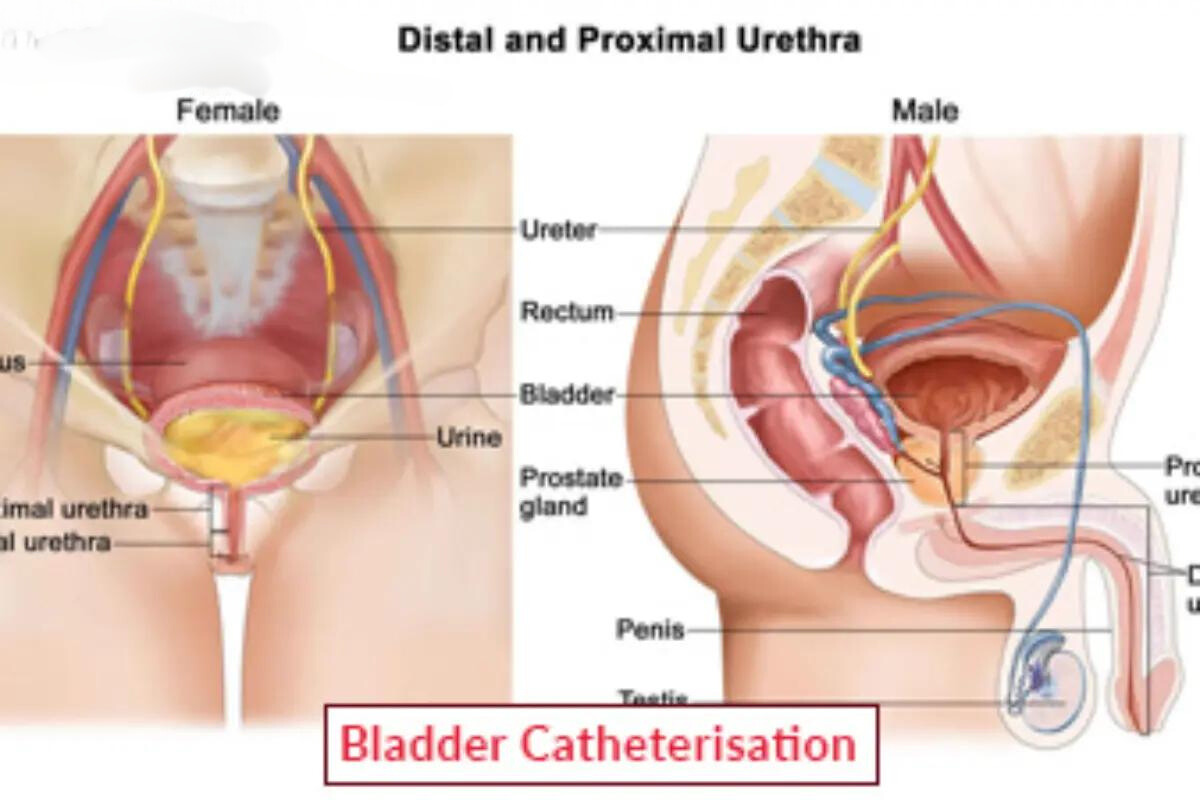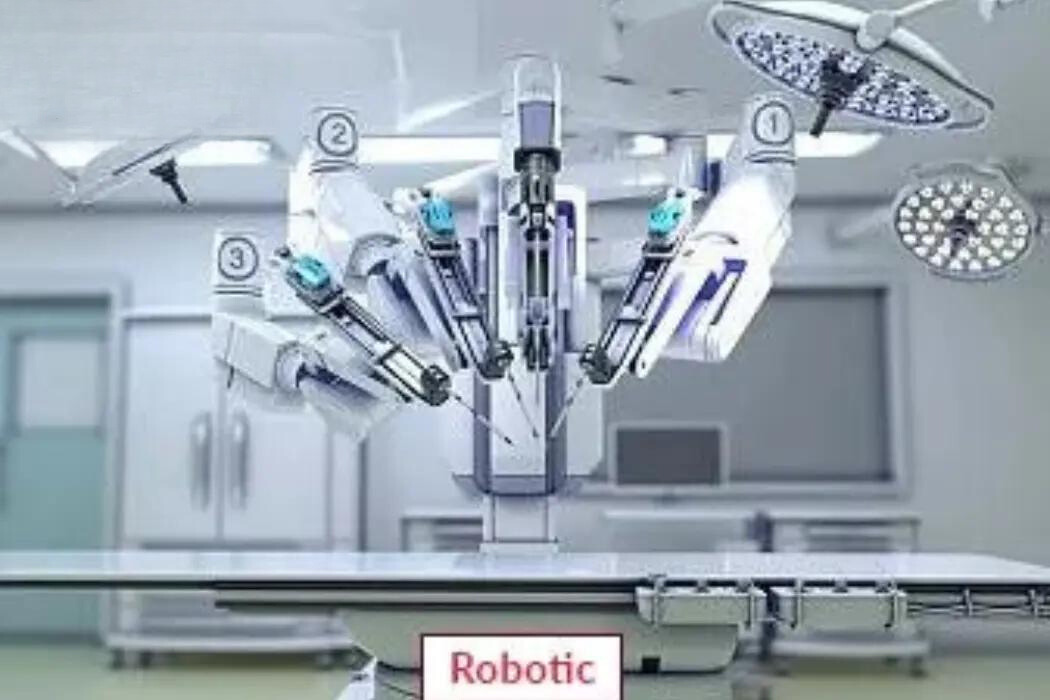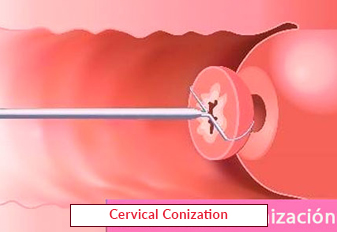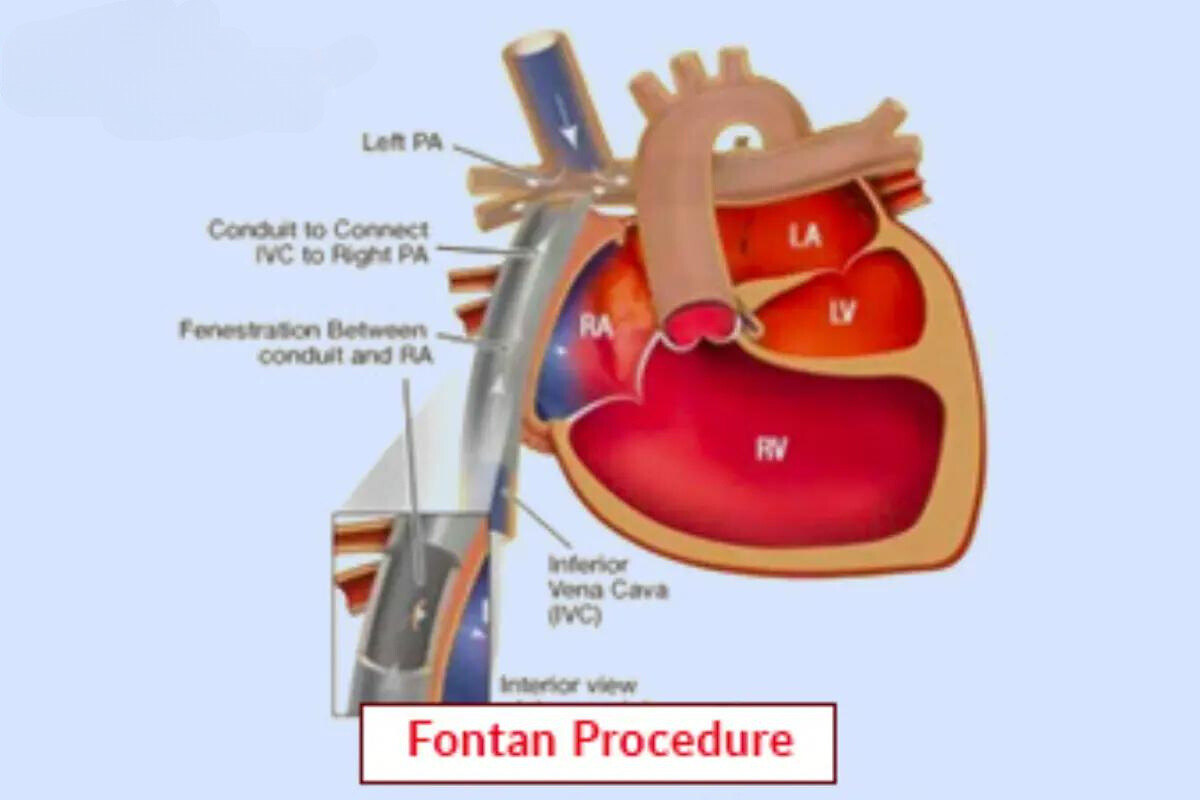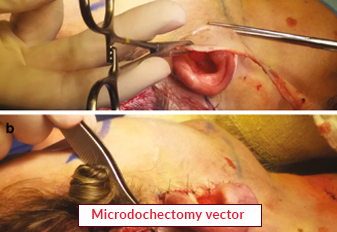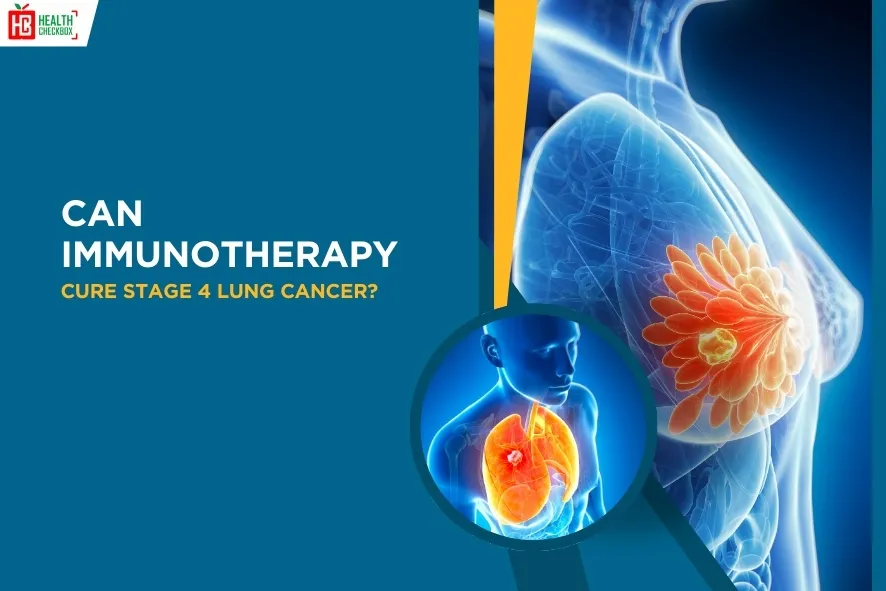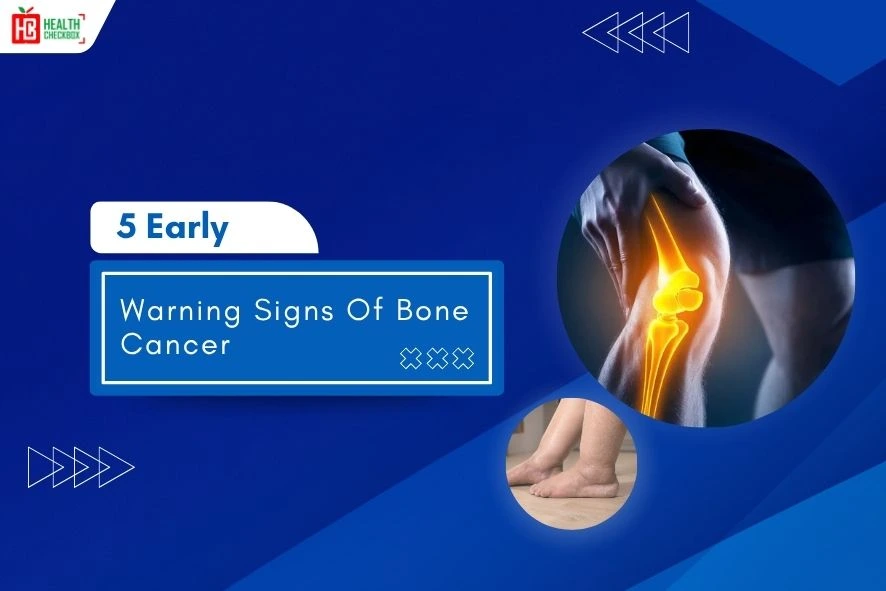Atrioventricular canal defect is a congenital heart defect, it is a by birth health concern which affects the most of infants in the world. Children born with this condition have a very short lifespan like two to three years if not get treatment on time. According to doctors there is a hole kind of abnormality developing in the center of the baby’s heart and causing the problems in the heart’s valves. Due to AV canal defect a baby suffers with a range of health conditions, like congestive failure and many more.
As a result the heart could not properly pump out the oxygen rich blood to other body organs. The condition can also affect some heart chambers like the left and right atrium, etc. Those babies who are born with this health problem need a surgery to improve or restore the functioning of the heart. Due to advancement in the medical field the surgery is possible to treat this condition.
Types of Atrioventricular Canal Defect
An AV canal defect can develop in many forms according to different hole sizes and number of heart valves. These include:
- Complete Atrioventricular Canal Defect: In this condition the hole could be big enough in size to make an opening for all four chambers of the heart.
- Partial Atrioventricular Canal Defect: The hole could be developed between the wall of the two upper chambers not all four.
- Transitional Atrioventricular Canal Defect: In transitional atrioventricular canal defect the hole is found between the two upper chambers of the heart and other smaller hole abnormality can take place in the lower chambers.
- Unbalanced Complete Atrioventricular Canal Defect: In this condition, A hole in the heart opens significantly more towards one ventricle that other, causing one ventricle to be smaller and less efficient at pumping blood, in the meantime the other ventricle becomes enlarged due to the increased blood flow.
Symptoms of Atrioventricular Canal Defect
When a baby is born with AV canal defect it shows some specific signs and symptoms which are as follows:
- Shortness in breathing
- Weak Pulse
- Not proper weight
- Swelling in the abdomen and legs
- Fatigue
- Difficulties in feeding
- Not proper sleep
- Heart palpitation
- Bluish Skin color
Diagnosis For AV Canal Defect Treatment
When a healthcare provider detects abnormalities in the baby’s heart during a regular ultrasound test then he/she determines some test for further examination and identifications of the defect. These test include:
- Chest X-rays: They are performed to evaluate the size and shape of the baby’s heart.
- Electrocardiogram: An electrocardiogram is generally determined to track the electrical activity of the child’s heart.
- Echocardiogram: It is performed to view the structure of the heart in depth.
- Cardiac Catheterization: It is determined to know about the severity of the child’s condition.
- Heart MRI: It is performed to see the parts of the heart and how well it is functioning.
Procedure of AV Canal Defect Treatment
Atrioventricular canal defect treatment usually require open heart surgery, and it is done through following steps:
- The pediatric surgeon administered anesthesia to the patient.
- After that the operating surgeon makes an incision in the chest part to operate the heart.
- Once the doctors found the abnormalities then repair the heart through patches, using synthetic material or tissue.
- After fixing the abnormalities the surgeon closes the incision through stitches and the patient is monitored under the supervision of a doctor just to make sure surgery has been successful.
Complications with AV Canal Treatment
The following are complication that could be possible after the surgery procedure:
- Heart Block
- Left or Right AV valve leakage
- Recurrence of small hole in the lower chambers
- Narrowing the valve
- Subaortic Stenosis
Our Other Services
Latest Health Tips
Can Immunotherapy Cure Stage 4 Lung Cancer?
Early Signs of Cervical Cancer
Foods that Kill Cancer: Leafy Vegetables, Grains, & More
What Stage of Cancer is Immunotherapy Used For?
Which is Worse for Cancer, Sugar or Alcohol?
Vaccines That Prevent Cancer
What Kills Cancer Cells in the Body Naturally?
Early Warning Signs of Bone Cancer
Submit Your Enquiry
Testimonials









